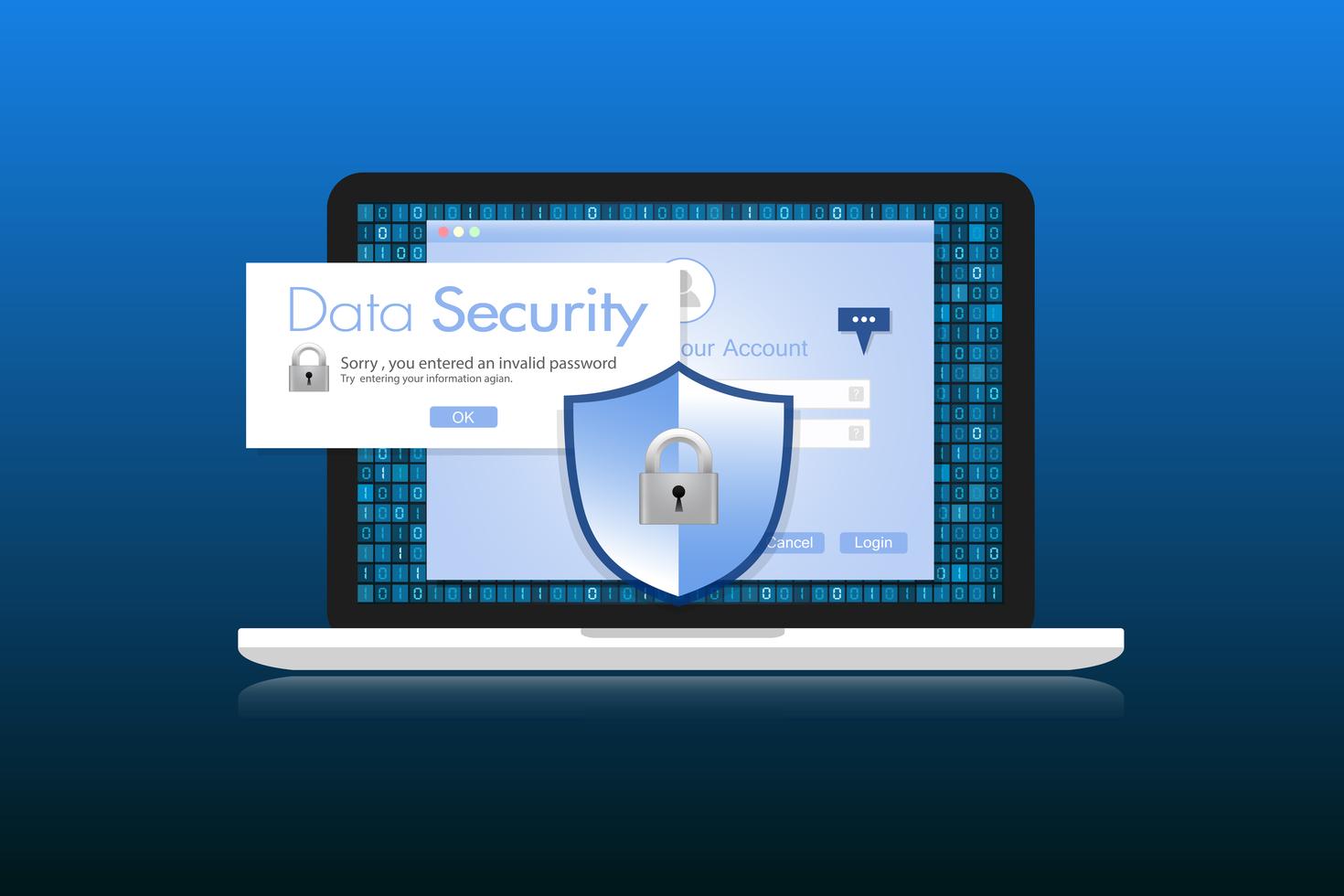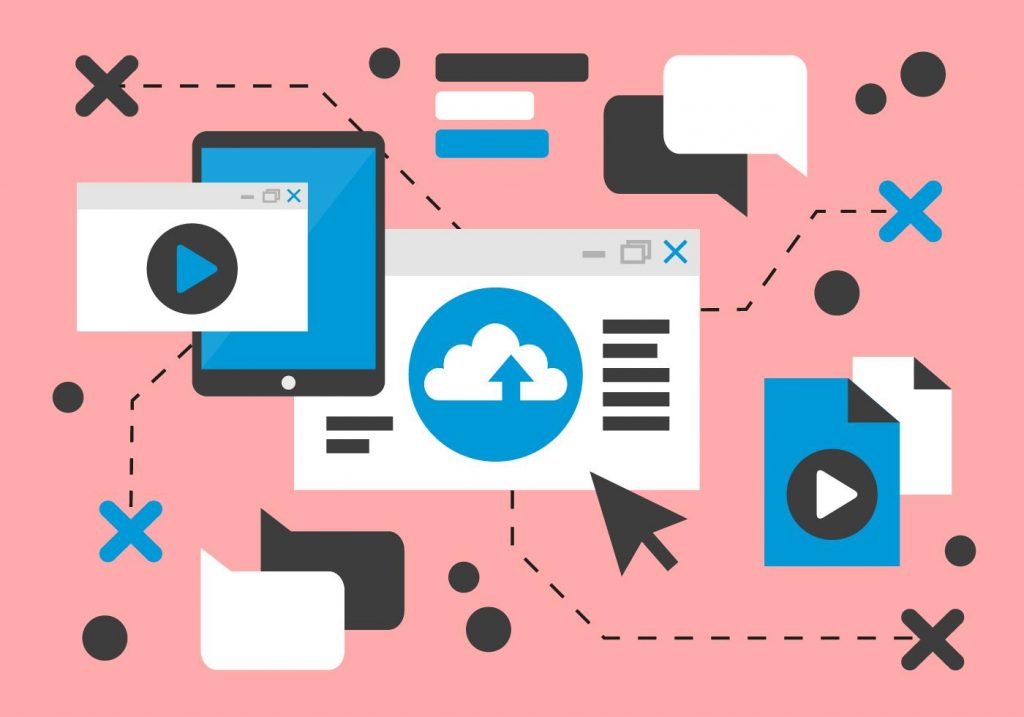It seems like this day and age there really isn’t anything private. There’s always some kind of security camera around, websites track your actions and movements and social media keeps a lot of your personal information.
For some, having all of that information out there seems dangerous and unsafe. You try to protect yourself the best you can and minimise cybersecurity risks but it always may not be enough.
You may not feel like you have the tech wherewithal or an IT consultant to be able to protect yourself and your data, but there are definitely a few steps you can take to keep your home internet and private data more secure. The vast majority of cybersecurity breaches are due to human error, so it pays to be aware of your risks.
Below are some easy steps you can take to keep yourself safe and secure.
From our partners:
Be Different
When it comes to passwords, you might have one go-to that you always use. It could be your hometown, pet’s name or favorite sports team. You could have various capital letters or numbers mixed in as well, but from the top, it looks like the same password.
It’s time to mix up your passwords. Experts recommend using a “passphrase” instead of a password. Pick out your favorite song lyric, a popular saying or your school’s motto. Mix in characters and different numbers as well.
If you’ve got a lot of different usernames and passwords, think about investing in a password manager. These secure, encrypted programs help you make strong passwords and remember them for you so you don’t have to type in your 15-character long password just to get into your bank.
Be Careful with Email
While the days of getting a virus simply by opening up an email are gone, this doesn’t mean that your email account is invulnerable now. Many will try and obtain your private information by malware or phishing.
It’s not the end of the world if you open up a message from an unknown sender, but you should never open up an attachment. The attachment may be disguised as something harmless like a Word document or PDF, but it could contain malware that will integrate itself on your system and cause lots of problems for you.
Protect Your Home WiFi
It may seem surprising, but there are people who don’t have a password on their home internet. That means anyone can enter and access data.
You need to set a WiFi password if you haven’t already and make sure it’s secure and safe. Another way to protect your home internet is by installing a VPN on your router. A VPN is a virtual private network that adds another layer of security to your home internet. It allows you to access a private network safely and securely.
Installing a VPN requires a few steps, but Troypoint makes it easy and simple for you. Their handy and step-by-step guide is easy to follow and understand, meaning you’ll be protected quickly.
Stay Up-to-Date
One of the easiest and best things you can do is keeping your operating system up to date. Most times, the operating system will keep itself up to date and install updates for you. That blue screen can be annoying, but it’s constantly installing security updates for you.
If you recently bought a new computer, that’s the first thing you need to do. Head into your settings and continually update your computer until there are no more updates left. You want to start out safe right off the bat.
Back Up Everything
There are plenty of “Oh, I bet it won’t happen to me” scenarios out there. You feel awful for whatever happened to a friend or family member, but you’re glad it didn’t happen to you. Losing all your data can be one of those things.
Another easy step to take for yourself is to simply back up all your data. Photos, documents and videos are precious items that can easily be lost if the proper steps aren’t taken.
Thankfully, it’s very easy and affordable to backup your data. There are numerous cloud services out there that will backup your data instantly when connected to a WiFi network. Or, you can backup all your data with an external hard drive. Do whatever works best for you but make sure you’re backing everything up!














